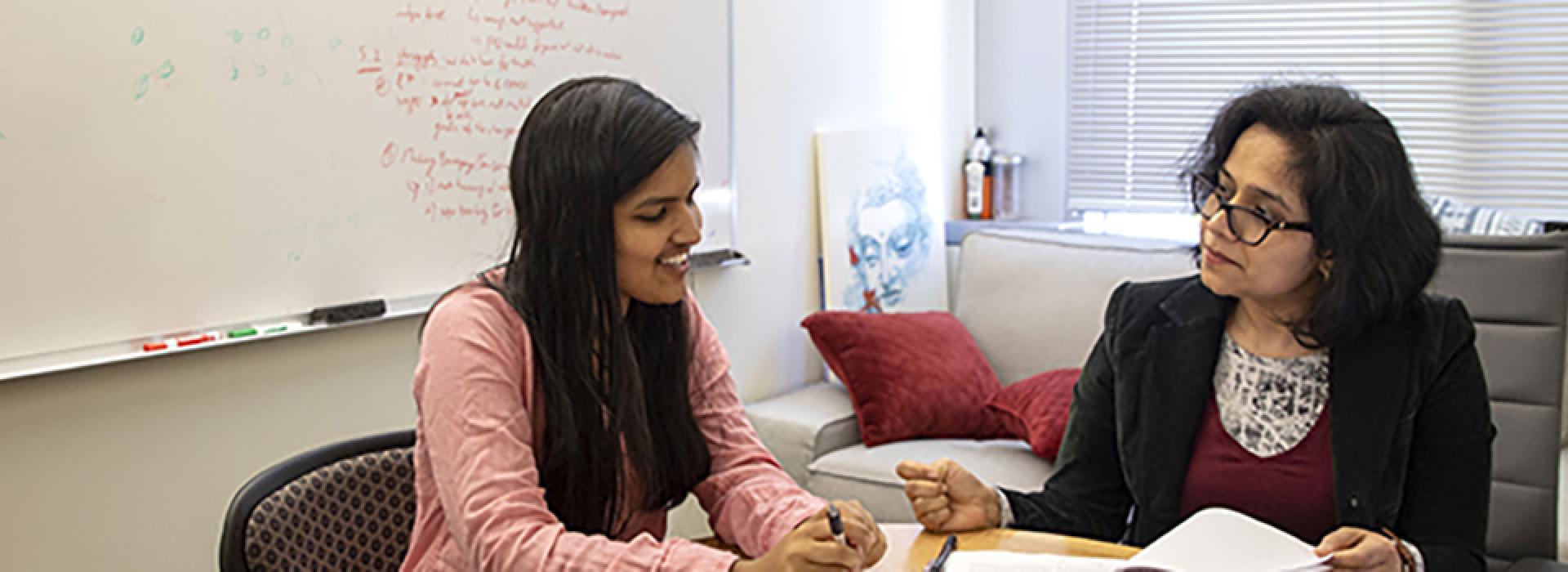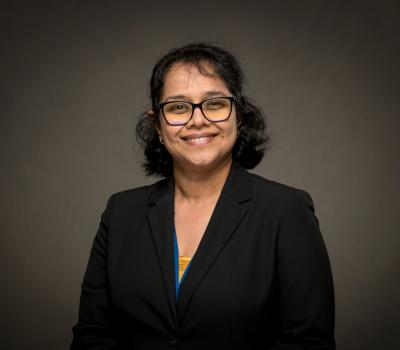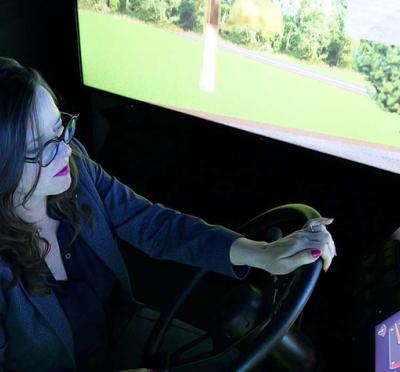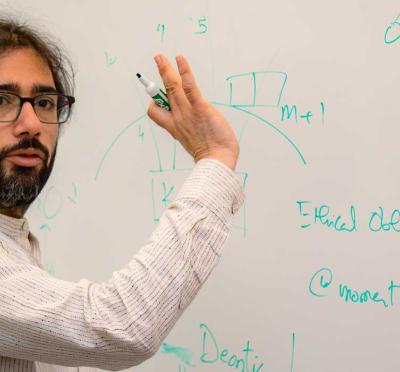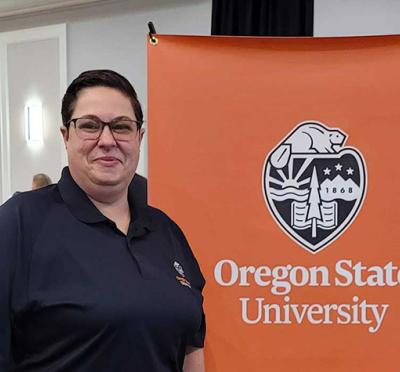Oregon State University associate professor of computer science Anita Sarma has been named one of 21 international recipients of the Google-sponsored Award for Innovative Research (AIR) in 2021. Debuting last year, the AIR Program aims to foster academic research in computing and technology that advocates for the needs of historically marginalized groups around the world.
Sarma will receive up to $60,000 in funding for her research project, Improving A Sense of Belonging in Open Source by Supporting Diverse Roles, which will examine two Google OSS (open-source software) projects, Kubernetes and Flutter, to determine how to support diversity in terms of OSS contributors’ identities and the specific roles they fulfill when contributing to OSS. “My research passion is in improving diversity in technology,” Sarma said. “Improving the representation of women in open-source is one thread of research that I have been following.”
For decades, OSS has been foundational to the digital infrastructure, yet women are still underrepresented in these collaborative communities. This weakens the potential of projects and teams and inhibits the career development of women by denying them OSS experience-related opportunities. Sarma explained that results from her research will “help improve the state of diversity in open-source and remove barriers to participation by women.”
Sarma’s research goals are twofold. Driving this project is the desire to understand and recognize various roles that diverse contributors play in OSS projects, especially because coding roles, which often lack gender diversity, are predominately recognized instead of non-coding roles (e.g., documenters, mentors, trainers, and technical writers). Additionally, the project will address ways to reward uniquely meaningful types of contributions for each role. The project will also explore how to create pathways to support newcomers’ success in each role. Sarma elaborated, “Based on this understanding, we will design mechanisms that extract and highlight code and non-code contributions, as well as identify scaffolded contribution pathways for different roles.”
There are numerous positive potential impacts to Sarma’s research. Specifically, it may identify more types of roles that contribute to the maintenance and success of OSS projects, which can help attract a diverse range of new contributors to fulfill these roles. Further, it may create pipelines between tech companies and diverse candidates with OSS experience, which will aid in contributors’ professional growth. “Our work will also determine what contributions are meaningful for different roles…and how to extract the traces of these activities,” Sarma said.
